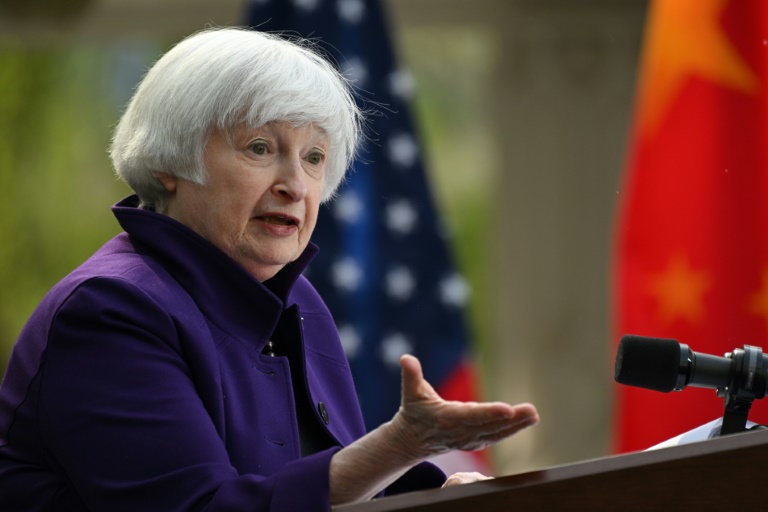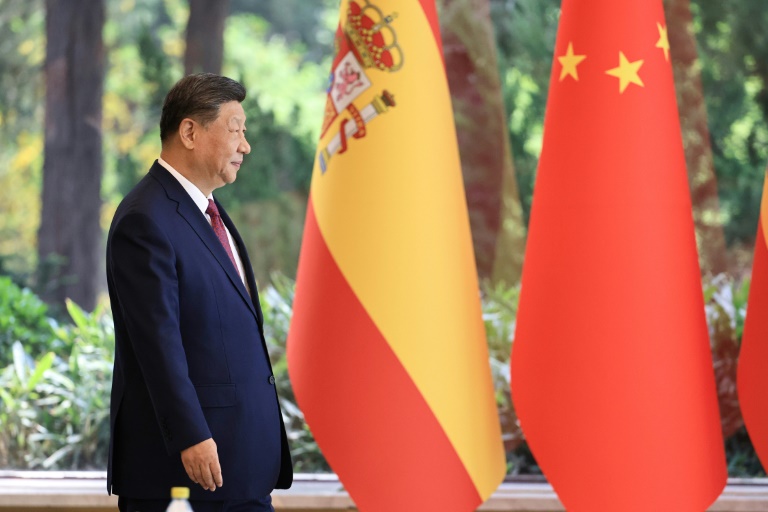Amid escalating trade tensions between the United States and China, the recent warning from U.S. Treasury Secretary Janet Yellen to China signals a significant shift in Washington’s approach to addressing the adverse impacts of Chinese imports on American industries. However, the question remains: can Yellen’s efforts prevail against China’s entrenched economic practices?
Yellen’s remarks during her four-day visit to China underscored her concerns about the surge in Chinese exports, particularly in the green-energy sector. While her warnings echo the sentiments of many American policymakers, the path to effectively address China’s industrial overcapacity is fraught with challenges.
One key aspect is whether Yellen’s diplomatic efforts can yield tangible results. Despite her clear stance, China’s response and willingness to address U.S. concerns remain uncertain. China’s previous resistance to external pressure suggests that achieving significant concessions may prove challenging.
Moreover, addressing the issue of industrial overcapacity requires a multifaceted approach. While curtailing Chinese imports is one aspect, the U.S. also needs to focus on bolstering its domestic industries. This involves investing in research and development, promoting innovation, and enhancing the competitiveness of American companies.
Furthermore, Yellen’s warnings against Chinese imports raise questions about the effectiveness of sanctions as a solution. While tariffs and trade barriers may offer short-term relief, they risk escalating tensions and triggering retaliatory measures from China. Instead, a more sustainable approach may involve strengthening domestic industries through targeted subsidies and incentives.
By providing support to American companies, the U.S. can enhance their ability to compete with Chinese counterparts on a level playing field. This approach not only fosters economic growth but also reduces reliance on punitive measures that could harm global trade relations.
While Yellen’s efforts to address Chinese imports are commendable, their success hinges on various factors, including China’s response and the effectiveness of domestic strategies. Sanctions alone may not be the optimal solution; instead, the U.S. must focus on empowering its industries to compete effectively in the global market. By investing in innovation and supporting domestic businesses, the U.S. can navigate the complexities of international trade while safeguarding its economic interests for the long term.






















